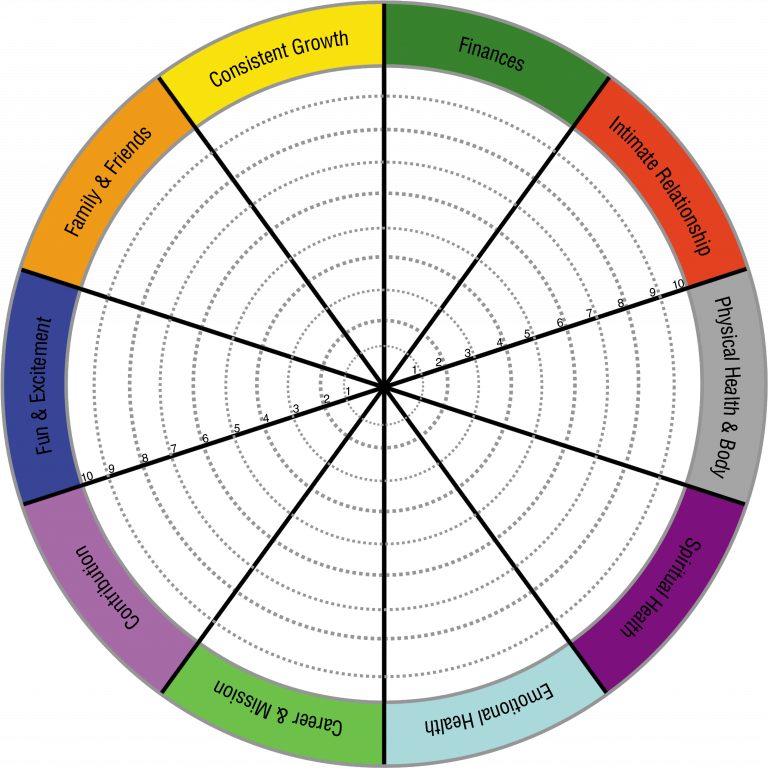INTRODUCTION
Negative thinking is a pervasive force that can cast a shadow over our lives, affecting our mood, relationships, and overall well-being. Understanding the causes and consequences of negative thinking is the first step toward breaking free from its grip. In this blog post, we will explore the origins of negative thinking, its impact on various aspects of life, and provide practical strategies to cultivate a more positive mindset and enhance productivity.
Causes of Negative Thinking:
- Past Experiences: Negative experiences from the past, such as failures or disappointments, can create a mental framework that predisposes us to view new situations through a negative lens.
- Self-Doubt: As discussed in the previous blog post, self-doubt is a significant contributor to negative thinking. When we question our abilities and worth, a cascade of negative thoughts can follow.
- Comparisons: Constantly comparing ourselves to others, especially in the age of social media, can lead to feelings of inadequacy and a negative perception of our own lives.
- Fear of the Unknown: The uncertainty of the future can trigger anxiety and negative thoughts. Fear of the unknown can make us anticipate the worst outcomes, even when there is no evidence to support such predictions.
Impact of Negative Thinking on Life:
- Diminished Mental Health: Negative thinking is closely linked to conditions such as anxiety and depression. Persistent negative thoughts can contribute to a downward spiral of worsening mental health.
- Strained Relationships: Constant negativity can strain relationships with friends, family, and colleagues. Pessimism and a consistently negative outlook can create distance and erode the support of those around us.
- Reduced Productivity: Negative thinking can be a significant roadblock to productivity. The belief that tasks are insurmountable or that success is unattainable can lead to procrastination and a lack of motivation.
- Impaired Decision-Making: A negative mindset can cloud judgment and hinder effective decision-making. It may lead to risk aversion and an inability to see opportunities in challenges.
How to Stop Negative Thinking and Boost Productivity:
- Practice Mindfulness: Cultivate awareness of your thoughts and emotions through mindfulness practices, such as meditation. Mindfulness helps break the automatic cycle of negative thinking by allowing you to observe your thoughts without judgment.
- Challenge Negative Thoughts: Actively challenge and reframe negative thoughts. Ask yourself if there is evidence to support these thoughts and consider alternative, more positive perspectives.
- Focus on the Present: Concentrate on the present moment rather than dwelling on the past or worrying about the future. Taking small, positive actions in the present can shift your mindset.
- Surround Yourself with Positivity: Build a supportive environment by surrounding yourself with positive influences, whether it's uplifting friends, inspirational books, or motivational content.
- Set Realistic Goals: Break down your goals into manageable, achievable tasks. Celebrate your successes, no matter how small, to build a positive momentum.
- Practice Gratitude: Regularly express gratitude for the positive aspects of your life. Focusing on what you're thankful for can shift your attention away from negativity.
- Seek Professional Help: If negative thinking is significantly impacting your life, consider seeking help from a mental health professional. Therapy can provide valuable tools and strategies for managing negative thoughts.
Conclusion:
Negative thinking is a formidable adversary, but with awareness and intentional effort, it can be overcome. By understanding the causes of negative thinking and implementing strategies to counteract it, you can pave the way for a more positive and productive life. Remember, positivity is a choice, and each day offers an opportunity to break free from the chains of negativity and embrace a brighter future.


